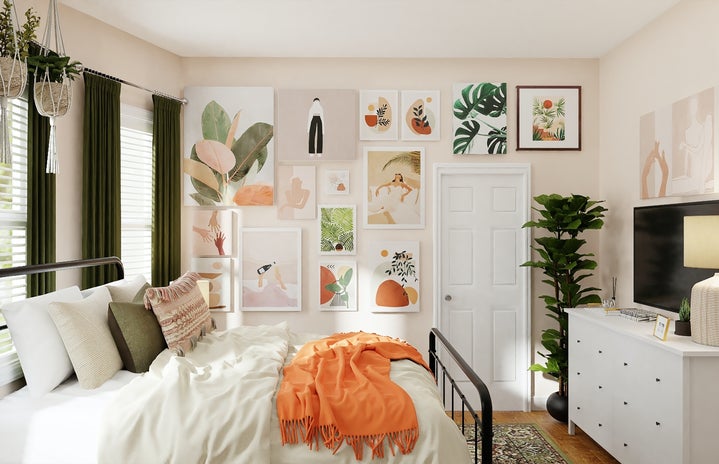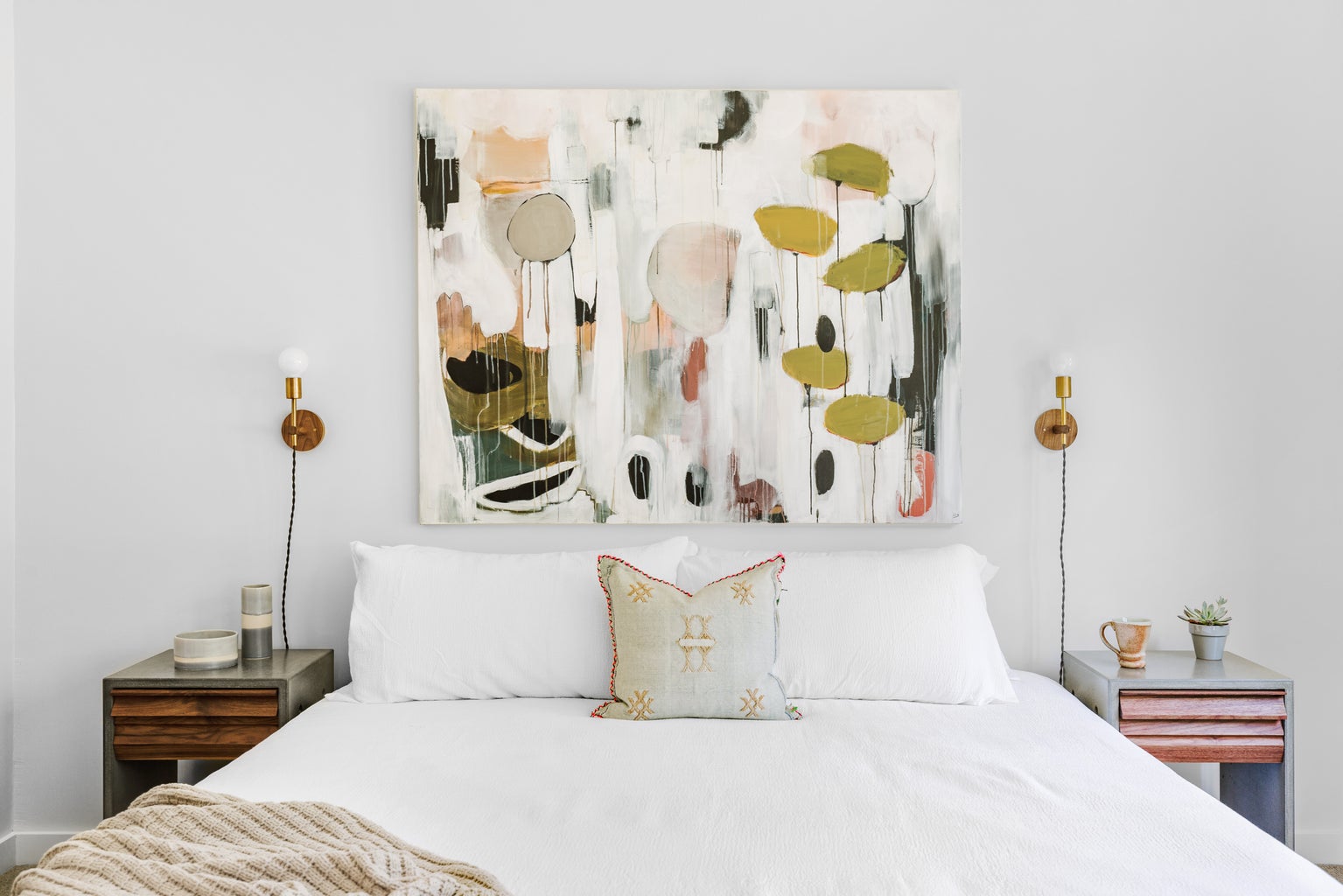The pandemic has caused us to spend a lot of time at home, mostly with our families. While I was lucky enough to be able to stay home more and get closer to my loved ones, I often retreated to my room to have time for myself when I felt overwhelmed or tired. As the year went on, spending so much time with family became overwhelming and I started to do everything in my room. I would sit there all day reading, watching movies, going on my phone, eating, and even exercising. It got to the point that my room became a prison, rather than a place of refuge.
Eventually, being in my room began to cause me anxiety, and sleeping became a huge issue. When going to bed, I always felt wired and alert. In an effort to deal with my discomfort, I would spend more time in my room thinking that it would help to try and figure out the issue in my lonesome. I tried to read more, do more yoga, meditate more, and even cut off phone usage altogether, but none of it helped. It quickly became apparent to me that to feel better in my room, I needed to get out of it.
Over the last year, I’ve accumulated some tips that have helped me and can help someone who’s struggling with this same problem.
1. Spend more time outside of the house
I can assure you that after quarantine, the more time you spend outside of your home, the better you’ll feel in it. Being cooped up in the same home for yours is beyond normal, and so to regain those feelings of normalcy in your home, it’s good to go about doing more things outside of it. I, for example, have a lot of COVID anxiety and struggle with social anxiety as a result of the pandemic. Yet I find that going out to do one thing has really helped me feel a bit better. Sometimes I’ll go to a friend’s house, go out grocery shopping with my family, or out to a café to just sit and try to relax. Doing so has been helping me slowly expose myself to my anxieties in a safe and controlled manner. In turn, I find that when I come home, I begin to feel relieved at the sight of my room and the looming idea of sleep, due to being absent from it all day.
2. Spend time in your room only when you need to rest or sleep
I used to do absolutely every single thing in my room and it was driving me insane. I slowly began to cut back on the number of things I did in my room, only allowing myself to spend time there when I really needed to be alone or needed to relax. Quickly enough, I started to associate positive thoughts with being in my room. Now whenever I spend time in it, I feel more relaxed than before.
3. Move around your furniture
Moving around your furniture and room decor can totally change the feel and energy of your bedroom. It can be as simple as just rearranging your furniture, moving your bed to another wall, or getting new pillowcases or blankets. Making these minor changes gives a feeling of newness to your room and can help you feel a bit more refreshed. I’d also recommend adding some artwork or room decor that brings you joy and makes you feel better, as those can potentially help to fill in an emptier room and give it more personality. If you find your room to be a bit too crowded, you could do the opposite and remove some objects that may render your room a bit too stuffy.
4. Deep clean
This builds off of what I said in my last point, but our rooms often serve as our own storage rooms. We tend to accumulate random objects over time, which can sometimes create too much mess. For example, I recently noticed I had too many random papers and clothing items I had been hoarding and decided to slowly start to get rid of the things I did not use by any means whatsoever. Slowly getting rid of small things is allowing me to free my room of things that no longer need to occupy any space, and has simultaneously made me feel more in control of what happens in my room, leaving me more relaxed.
Our rooms are sacred places in our lives, and therefore need to be treated as such. Bedrooms transport us to feelings of relaxation, serenity, and calm, providing us with a place to rest and wind down. However, it’s essential to balance the amount of time we spend in our rooms, as too much time there can compromise those feelings of relaxation associated with the bedroom. Paradoxically, spending more time away from your room can in the end help you feel more connected to it.






